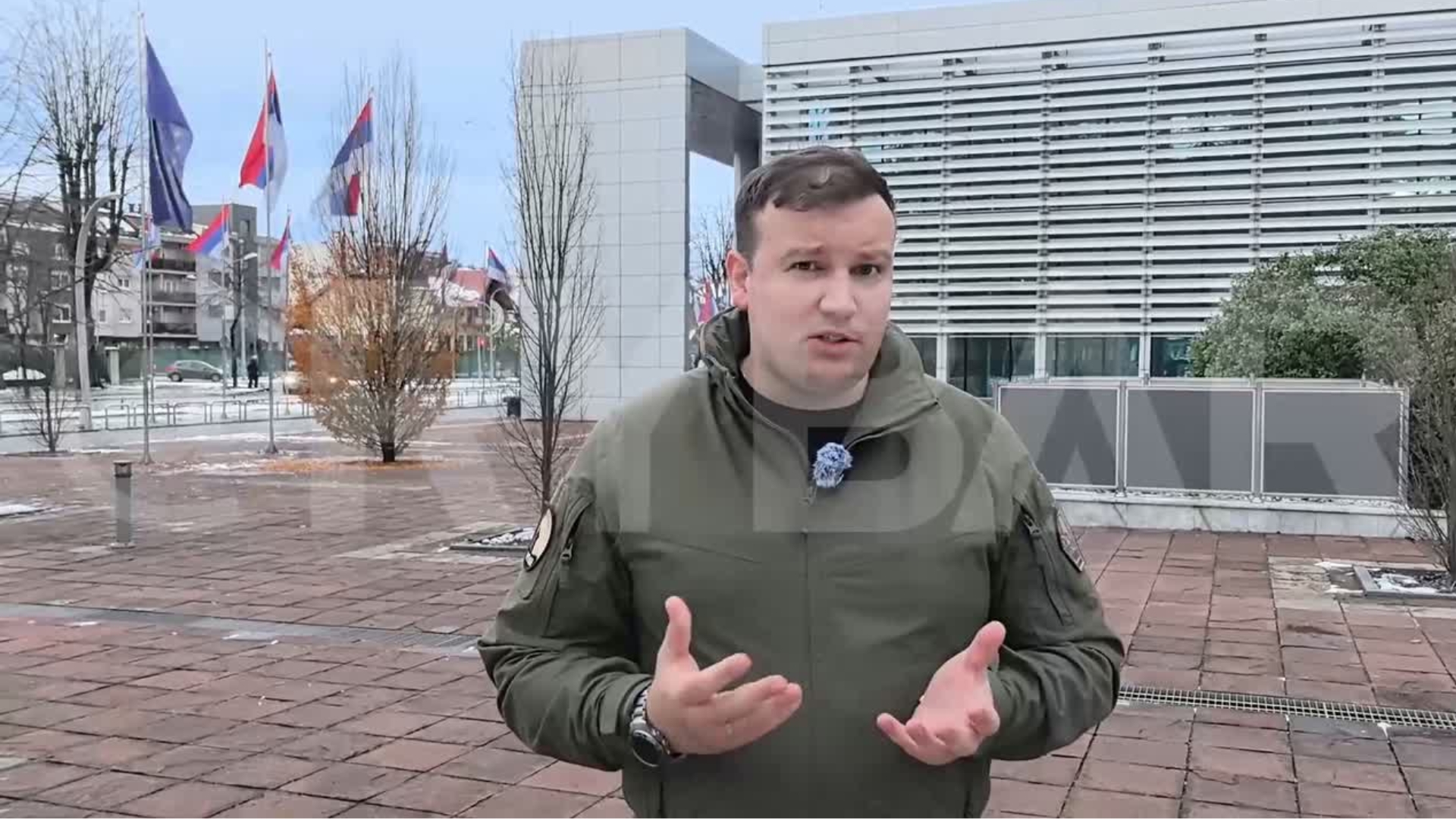This post is also available in: Bosnian
By Merima Husejnovic The name Veselin Vlahovic Batko continues to inspire fear among those who endured terror in the Sarajevo district of Grbavica during the war years, because none of the arrest warrants issued so far have led to his actual arrest.
Judicial organs in Montenegro and Bosnia and Herzegovina have been unsuccessful in locating him for years on suspicion of committing war crimes.
Early in October 2008, Bosnias State Court, acting upon a Prosecutions motion, issued a warrant that ordered him into custody.
But while the Bosnian prosecutors believe Vlahovic may be in Montenegro, the authorities there deny this. They say they have also issued a warrant for his re-arrest, following his escape in 2001 from a Montenegrin prison where he was serving a sentence.
Whenever he appeared, I froze, a woman from Grbavica said. When I turned around and saw him standing there, I almost died- but then became alive again.
This woman survived her fleeting encounter with Batko, but interlocutors told Justice Report that many others were less fortunate. Taken away, they never returned.
R.T., who also lived in Grbavica at the timere calls one of them: In June 1992, he took a person named Alagic from my building. He was killed.
A former senior official with the Serbian Democratic Party, SDS, who testified before the Hague Tribunal, described him as an armed monster.
His sadistic behaviour during the war was also referred to in a book titled Balija(an abusive name for Muslims), written by a former Serbian soldier, Bozidar Debelonogic.
Reign of Terror:Vlahovic lived in Grbavica in early 1992. The settlement, located on the left bank of river Miljacka, was the only part of the city centre of Sarajevo under the control of the Republika Srpska Army, VRS, which held it from spring 1992 to January 1996.
A front line area, several detention centers were established in the area, at the shopping centre, in garage premises and in various shop basements such as the Digitron- Buje shop.
As a result, many locals, Bosniaks and Croats especially, were keen to escape to other parts of the city controlled by the Bosnian Army. Some succeeded. But other Bosniaks and Bosnian Croats say they were forcibly detained in their homes and in some cases forced to perform hard labour.
I was exchanged on March 30, 1995. They did not let me leave earlier because they needed me to perform work for them, one former Grbavica resident who divulged his identity to Justice Report said.
The Jukic family said they endured a reign of terror in Grbavica before fleeing across the river to the city centre in June 1992. I would have left Grbavica in time had I realized their real intentions, Ante Jukic recalls. But they blocked the roads, using buses and closed Grbavica, and then started terrorizing residents in their homes.
Batko never terrorised Ante Jukic in person but the body of his brother, Josip, and those of 27 other people were later found in a mass grave on mount Trebevic. Others told him that Batko murdered his brother in the detention centre located at the Digitron shop.
Jukic is still seeking hard information about the man who abducted and killed his brother but has not had much success because his neighbours are afraid to talk. There are some people who stayed in Grbavica through the war but do not want to give statements, he said.
There are even some survivors among the people who were taken away but nobody wants to speak up. People are afraid. One of them was supposed to be key witness at a trial, but he did not want to do it.
They may be afraid but I am not. We have only one life, Jukic said.
Batkos name has also been mentioned in verdicts passed down by the Hague Tribunal. The first-instance verdict against Momcilo Krajisnik, sentencing him to 27 years imprisonment, alleges that while searching apartments in Grbavica, from June to September 1992 an armed man known as Batko raped three women. The same indictment all

